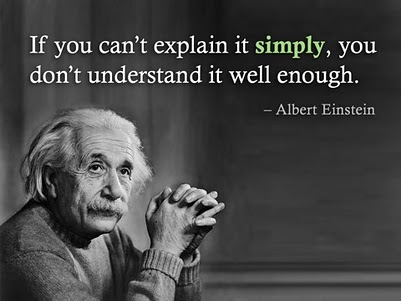(Requires Node 6.9.2+)
Run the following:
npm install
grunt build
Run the following:
npm run dev
Open your browser and point to http://localhost:3001/
- React
- Redux (and Redux DevTools)
- Grunt
- (Basic) NodeJS Server
- Babel
- Pug
- Webpack
- ES6-support
- Basic Folder Structure
- Basic Example Page (Home)
- Basic Skeleton for Redux Actions, Reducers
- Basic Wiring for Redux ConfigureStore
- Basic React Router
- Unit Testing (because its up to you if you wanna be leet)
- Complicated Directory Structure (because KISS)
- Shoot Yourself in the Foot Warranty/Protection (because you're a big boy - and big boy pants are good)
- Complicated Redux Setup/Configuration (See 2nd and 3rd Bullet Points above)
- Complicated React Router Setup/Configure (See 2nd and 3rd Bullet Points above)
- etc.
This boilerplate is simply that - a boilerplate. Its aim is to make getting React up and running fast and as simple as possible. Want to make it better? Awesome! Fork it, Clone it, use it, do it!
The best place to start is in entry.js.
Follow the require items (which are few) to understand the basic structure. You will notice that it is extremely simplistic. This is by design. It should be easy to strip out this example with your own approach or continuing down the same path.
Simply put - I haven't found a boilerplate that just lays out the basic environment and let you decide the implementation path. Most try to enforce their own personal way of how they learned react, create tightly-coupled directory structures and controllers/routers, etc.
I wanted just a way to just download a boilerplate, install it, and then tweak it to suit my needs with the least amount of effort. That's what this boilerplate is.
Unit tests were not included because there is no 1 solution that is perfect, nor is there one set that everyone agrees on. That being said, it is up to you (the developer(s)) to decide this for yourself.
There is a great discussion on this topic which can be found on the reactjs.org boards here: https://discuss.reactjs.org/t/whats-the-prefered-way-to-test-react-js-components/26
Me personally, I found this article as a great place to get started: https://www.toptal.com/react/how-react-components-make-ui-testing-easy
There are other great resources as well. Google searching "react unit test examples" is a great place to start.
MIT
